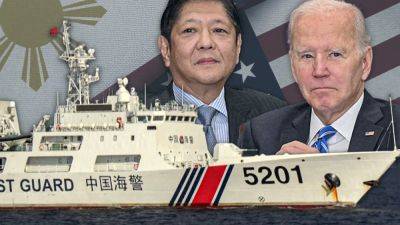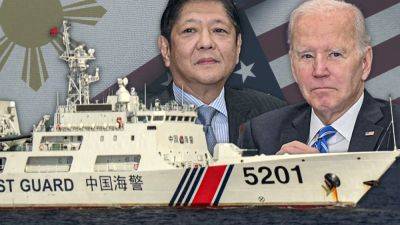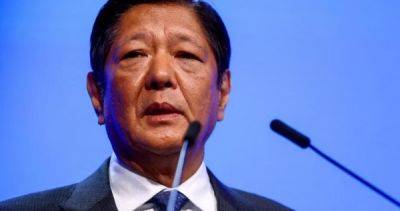In the South China Sea, Beijing can ill afford to be seen as a bully
Raising tensions in the South China Sea is “the last thing we would like”, said Philippine President Ferdinand Marcos Jnr recently, when pressed on whether Manila would adopt more aggressive tactics, such as the water cannons used by the Chinese. “And that [using water cannons] will certainly do that,” he said, dismissing the idea.
But this tilt towards the US could jeopardise Manila’s strategic autonomy and further alienate China – as well as concern fellow Asean members fretting over the risk of a new cold war.
The upshot is a brinkmanship that could tip over into mutual losses, especially if each side presses its advantage at the expense of sustainable and peaceful management of an inherently intractable conflict. It’s high time the Philippines and China work to avoid conflict by pursuing mutually beneficial agreements, rather than rely on military might and diplomatic intransigence.
02:33
US and Philippines conduct annual Balikatan drills amid rising tensions with China
It’s hard to sugarcoat the troubling state of Philippine-China relations. Against the backdrop of festering maritime spats, diplomatic channels are on the verge of total disintegration.
02:37
Philippine admiral at centre of ‘new deal’ saga breaks silence on alleged South China Sea pact
Over the coming months, the four allies are set to enhance naval interoperability and conduct regular joint patrols in the South China Sea.
Moreover, a full-throated tilt into the Western camp could further isolate the Philippines within the Association of Southeast Asian Nations, which has broadly maintained warm and economically fruitful ties with China. The Philippines can’t afford to be seen as the US’ deputy sheriff in Southeast Asia lest it erodes its ability to exercise







